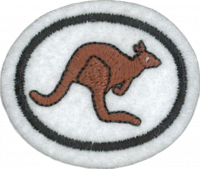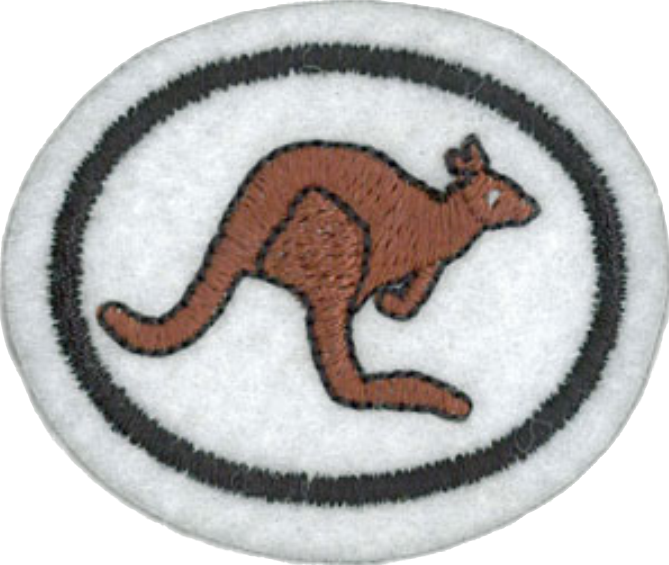AY Honor Marsupials & Monotremes Requirements used by South Pacific Division
Skill Level
2
Year
Unknown
Version
22.02.2026
Approval authority
South Pacific Division
1. Have the Mammals 1 honor.
2. Distinguish:
- a. Mammal from other animals.
- b. Placentals, marsupials and monotremes from one another.
3. Be able to explain the difference between, monotreme reproduction, marsupial reproduction and that in true mammals (ie. placentals).
4. Explain the role of the pouch in marsupials and the significance of the direction of the opening of the pouch.
5. Understand how marsupials and monotremes are placed into groups.
6. Research and write a paragraph of approximately 100 words on the following. Try to include habitat, food and breeding habits. Choose different examples from those given in these trainer’s notes
- a. Monotremes (choose one)
- b. Carnivorous Marsupials (choose one), and four from the following groups;
- c. Bandicoots and Bilbies
- d. Koala and Wombats
- e. Possums
- f. Kangaroos and their relatives
- g. Opossums
- h. Shrew Possums
7. Be able to explain the need for the conservation of marsupials.
8. Do one of the following:
- a. Observe a marsupial (or group of marsupials) in its native habitat and write a report of no less than 100 words describing your observations. (For those living in Australia, this is the preferred option).
- b. Write a report of your visit to a natural history museum, wild-life sanctuary, zoo, etc. indicating in no less than 100 words, the extent of your observations. Confine your report to marsupials.
- c. Give a talk of at least three minutes, to a group of people about marsupials or a particular marsupial.
- d. Guide (or assist in guiding) a group of young people (ie Friends or Companions) on a visit to a museum, zoo or sanctuary where there are marsupials.


